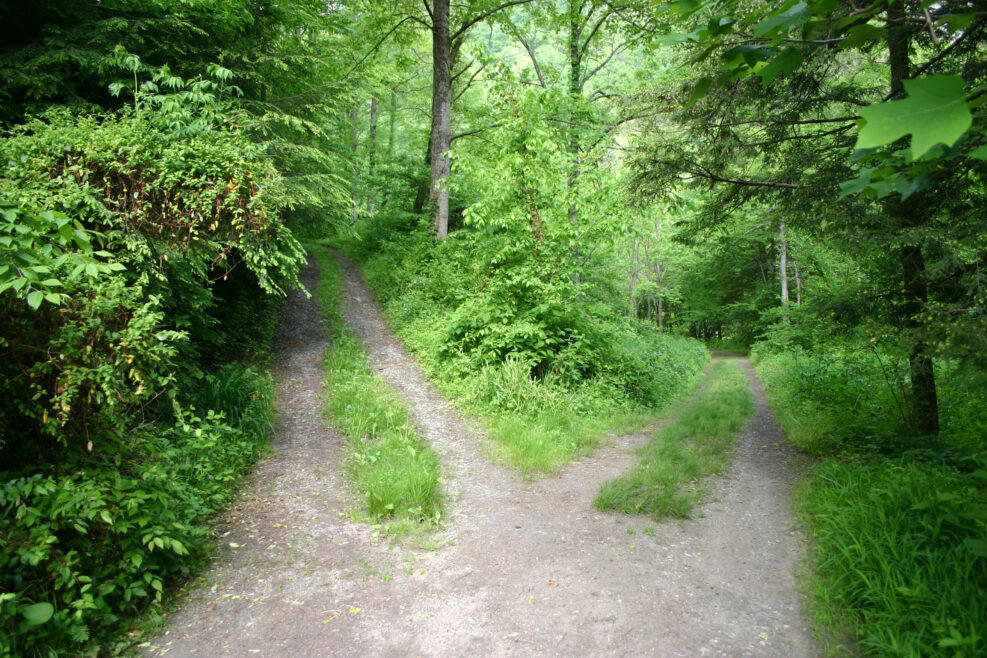
TagBenjamin Libet (free will experiments)


Modern Neuroscience Does NOT Disprove Free Will
In a chapter of Minding the Brain (2023), Cristi L. S. Cooper looks at the current state of neuroscience research on free will
Finding From Recent Brain Research Supports Free Will
Researchers, altering Libet’s classical experiment, found that human brains show no “readiness potential” when a decision is importantPhilosopher Alessandra Buccella and experimental psychologist Tomáš Dominik, both at Chapman University, offer some interesting support for free will. Many commentators interpreted Benjamin Libet’s experiments that showed that the brain’s readiness to make a decision (readiness potential) often preceded the subject’s conscious awareness of the choice that had been made. There! they said, that proves that there is no free will: To many observers, these findings debunked the intuitive concept of free will. After all, if neuroscientists can infer the timing or choice of your movements long before you are consciously aware of your decision, perhaps people are merely puppets, pushed around by neural processes unfolding below the threshold of consciousness. Alessandra Buccella, Tomáš Dominik, “Free Will Is Only an Read More ›

Opioids: The High Is Brief, the Death Toll Is Ghastly
Fentanyl has medical uses in, say, open heart operations where the patient is on life support; otherwise, it is often a one-way ticket off the planetIn a recent podcast, “Exercising Free Won’t in Fentanyl Addiction: Unless You Die First” (May 4, 2022), Walter Bradley Center director Robert J. Marks interviewed anaesthesiologist and pain management expert Dr. Richard Hurley on how highly addictive opiods like Oxycontin, Percodan, and Fentanyl act on the brain. Between April 2020 and April 2021, misused opioids killed over 100,000 Americans. Opioids like Fentanyl have a use in medicine but they are easy to get and subject to abuse. Note: Robert J. Marks, a Distinguished Professor of Computer and Electrical Engineering, Engineering at Baylor University, has a new book, coming out, Non-Computable You (June, 2022), on the need for realism in another area as well — the capabilities of artificial intelligence. Stay Read More ›

A British Philosopher Looks For a Way to Redefine Free Will
Julian Baggini’s proposed new approach assumes the existence of the very qualities that only a traditional view of the mind offersBritish philosopher Julian Baggini, author of The Great Guide: What David Hume Can Teach Us about Being Human and Living Well (2021) argues against the idea of free will, as commonly understood (voluntarist free will). Citing the fact that the world is controlled by physics, he writes, No matter how free we feel, our understanding of nature tells us that no choice originates in us but traces its history throughout our histories and our environments. Even leaving aside physics, it seems obvious that, at the moment of any choice, the conditions for that choice have already been set, and to be able to escape them would be no more than the ability to generate random actions. And if all that Read More ›

Does Science Disprove Free Will? A Physicist Says No
Marcelo Gleiser notes that the mind is not a solar system with strict deterministic lawsOne of the most disturbing implications of materialism in modern science is the inference that science disproves the existence of free will. Of course, this is not actually the case, but even the mistaken denial of free will has profound and very disturbing implications for our social structure, our criminal justice system, and our way of government. People who are assumed to lack free will are ultimately little more than cattle to be herded and, as philosopher Hannah Arendt has observed, the denial of free will — and the denial of individual responsibility that follows on it — is a cornerstone of totalitarianism. At Big Think, physicist and philosopher Marcelo Gleiser points to the fallacy that physics and neuroscience disprove Read More ›